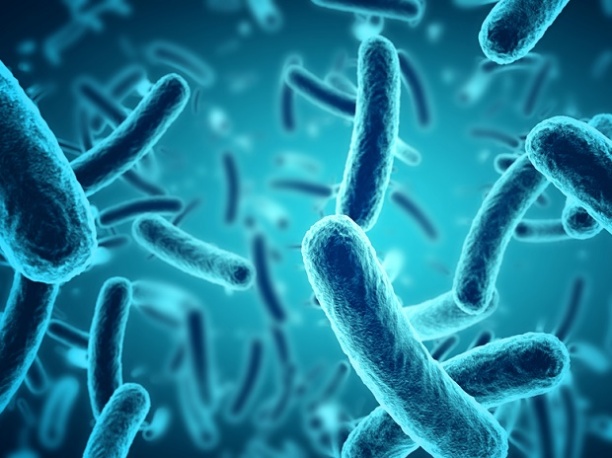Gut microbiota is critical to making sure immune system is in best possible state to fight diseases
The trillions of bacteria living in our gut (called the gut microbiota) can help determine our risk of cancer, as well as how we might respond to cancer treatment.
Each person’s unique gut microbiota is in constant communication with their immune system. This ensures good bacteria can thrive in the body, while bad bacteria and foreign material are eradicated.
The gut microbiota is therefore critical to making sure the immune system is in the best possible state to fight diseases – from the flu, to serious ones like cancer.
Your gut microbiota
Everyone’s gut microbiota is unique, much like a fingerprint. In the first few years of life, it is at its most malleable, reflecting factors that occur during birth.
For instance, babies born through caesarean section have been reported to have lower numbers of good bacteria and higher numbers of pathogenic (bad) bacteria, compared with babies born vaginally.
Microbiota and cancer risk
The gut and immune system are closely linked. Just as our gut bacteria control our immune system, our immune system controls our gut bacteria. Research now suggests this interaction plays a significant role in determining cancer risk.
Mice lacking certain immune molecules that slow the immune response, called anti-inflammatory cytokines, have more bad bacteria in their gut. This means a strong immune response ensures bad bacteria do not overpopulate our guts
Microbiota and chemotherapy
A review of research published in the journal Nature also points to the gut microbiota playing a role in how patients respond to chemotherapy. The review suggests the gut microbiota determines the effectiveness of chemotherapy in two ways: through activating chemotherapy drugs, and through its interaction with the immune system.
These mechanisms have been best described in mice that lack a gut microbiota. Such mice, termed “germ-free” mice, are bred in completely sterile conditions. They are exposed to no external sources of bacteria and have no bacteria in any part of their body. (READMORE…)



No comments:
Post a Comment